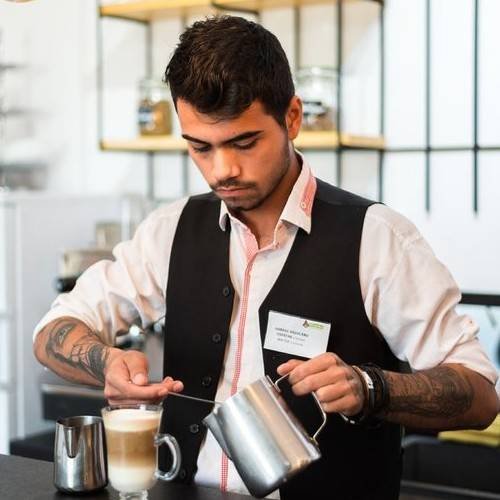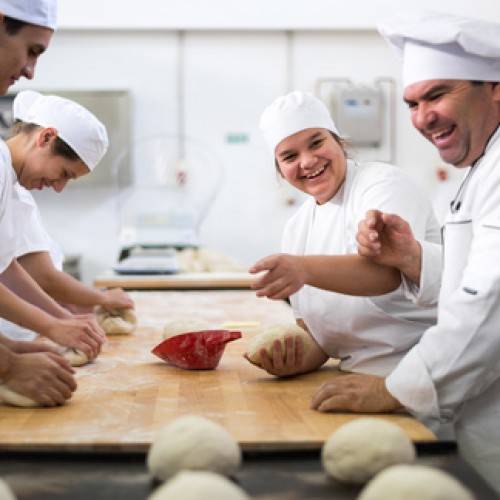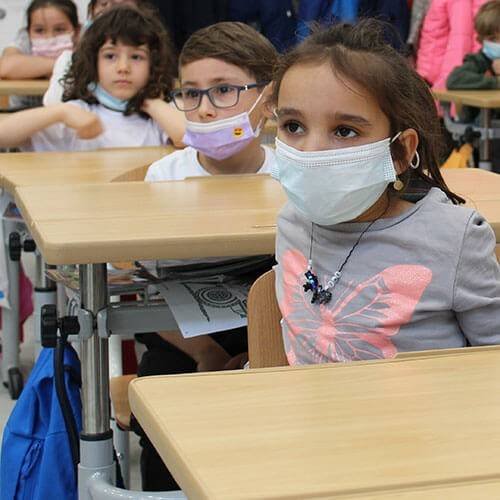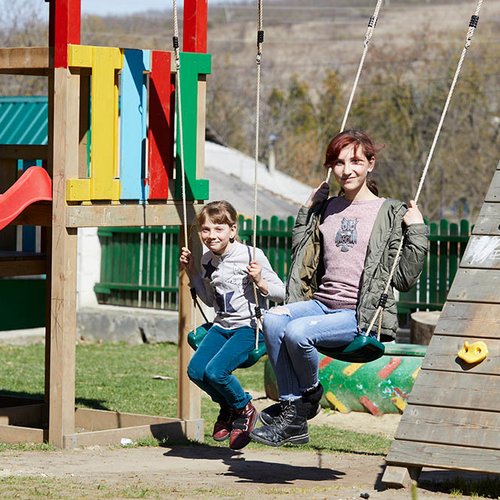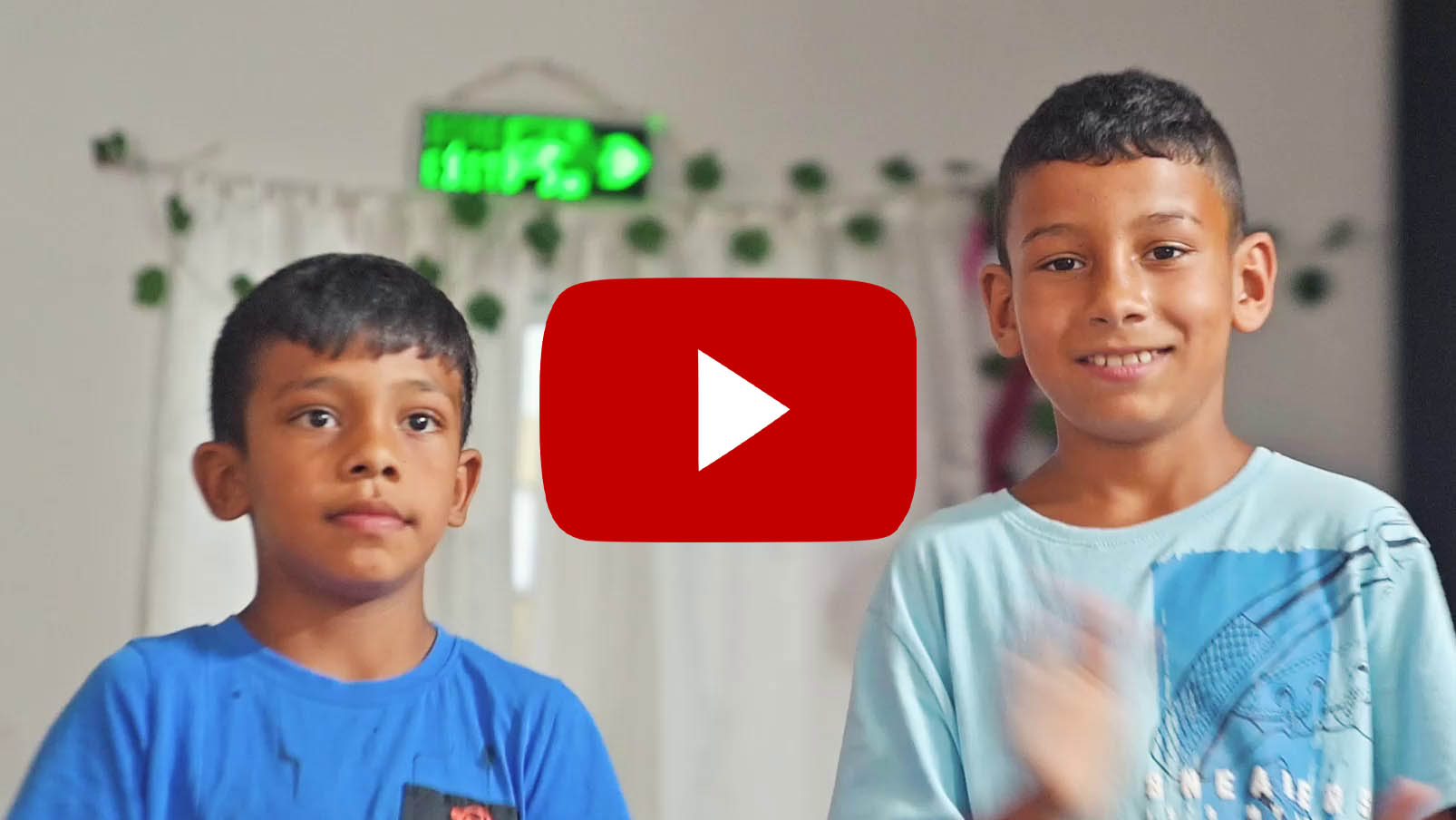Romania
Education and training - the key to independence
The proportion of those at risk from poverty and social exclusion remains very high. Structural deficiencies, poor health care and corruption ranks Romania second worst in the EU for a country’s quality of life. High youth unemployment and emigration pose ma-jor problems. Children are often aban-doned when their parents go looking for work.
The situation of Roma children in Romania is especially precarious. Although legally on an equal footing, Roma are still not treated equally. The majority live in inhumane conditions with poor infrastructure.
CONCORDIA Romania was founded in 1992 and supports children, young people and families in Bucharest and the Prahova district in the north of Bucharest. Our 170 employees are supported by an average of 200 volunteers per year. Although poverty, emigration, exclusion and high youth unemployment are still major challenges, we were able to support around 2,393 people with our services in 2023. Children, young people and families receive the best possible support in our residential groups, day centres and the CONCORDIA EduCampus, among other things, so that they can lead an independent life on their own in the future.
Our projects in Romania
Day centre network
Besides the Edu-Campus, our nationwide network of day care centres is one of our most important projects in Romania. Together with local partners, CONCORDIA Romania has launched the #CENTREziRO initiative. We are building a national network of day care centres for children at risk of poverty.
More than 60 representatives of child and youth work in Romania were already present at the kickoff in autumn 2021. Together they discussed the needs, challenges, goals and better cooperation in the fight against inequality and child poverty.
Our goal is to expand the offer of child and family centres in the future, to strengthen families and support them so that children and young people can grow up in their families of origin and have perspectives for the future.
Good cooperation, the continuous development of services and intervention measures are indispensable for this.
That is why we would like to pass on the CONCORDIA day centre model to as many institutions as possible. And jointly identify challenges and needs of the day centres. Members of the network also have the opportunity to take advantage of the training offered by the CONCORDIA Academy.
With a common voice, the facilities nationwide can also lobby more sustainably for state investment in prevention services and demand funding.


